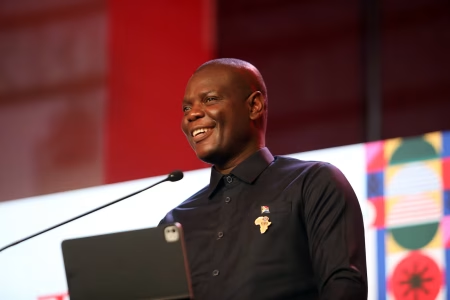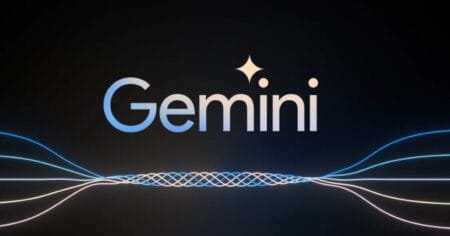Libraries across South Africa and globally are integrating artificial intelligence (AI) and robotics to enhance service delivery, streamline operations, and expand access – without replacing staff.
At the 5th IFLA Librarians Symposium held at the University of KwaZulu-Natal (UKZN) in Pietermaritzburg, experts emphasized that AI is a complementary tool, not a threat to jobs. Instead, library staff are being upskilled to take on more professional roles in this evolving space.
Hosted in partnership with the International Federation of Library Associations (IFLA), this year’s theme was “Artificial Intelligence and Robots Transforming Libraries: Opportunities and Challenges,” with a focus on Southern Africa.
Key innovations include:
- AI-driven cataloguing, issuing, renewing, and returning books
- A robot librarian named Thola, developed locally at UKZN, which uses ChatGPT to answer user queries in multiple languages
- Open-source tools like Hugging Face and archive.org to combat misinformation and build localized chatbot assistants
Professor Grant Chaturgoon, UKZN’s acting deputy vice-chancellor, described libraries as enduring hubs of knowledge—from the scrolls of Alexandria to AI-driven archives today. He called for ethical, inclusive AI deployment, stressing the need for diverse voices in shaping digital tools.
Santiago Villegas-Ceballos, a global library and AI expert, warned of “data colonialism,” where Southern voices and languages are underrepresented in global AI systems. He urged African institutions to “hack AI” and train models that reflect their local ethics, languages, and needs.
UKZN’s robot librarian Thola, still in development, can answer questions about book loans, library cards, and operating hours via a screen on its chest. It’s currently being piloted at UKZN’s medical school library.
Dr. Nonhlanhla Ngcobo, UKZN’s Director of Library Services, said the AI rollout is gradual and collaborative, starting with circulation tasks. “We’re prioritizing change management – helping staff become familiar with one function at a time before introducing the next.”
Other thought leaders at the symposium stressed the importance of critical thinking when using AI-generated content.
- Prof. Donrich Thaldar (UKZN Law School) advised students to cross-verify AI outputs just like any academic source.
- May Chang (University of Cincinnati Libraries) echoed the sentiment, saying: “Garbage in, garbage out still applies,” highlighting that human oversight remains vital.
With the introduction of Thola and similar innovations, South Africa’s libraries are entering a new digital era – rooted in ethics, inclusivity, and community-focused service.






